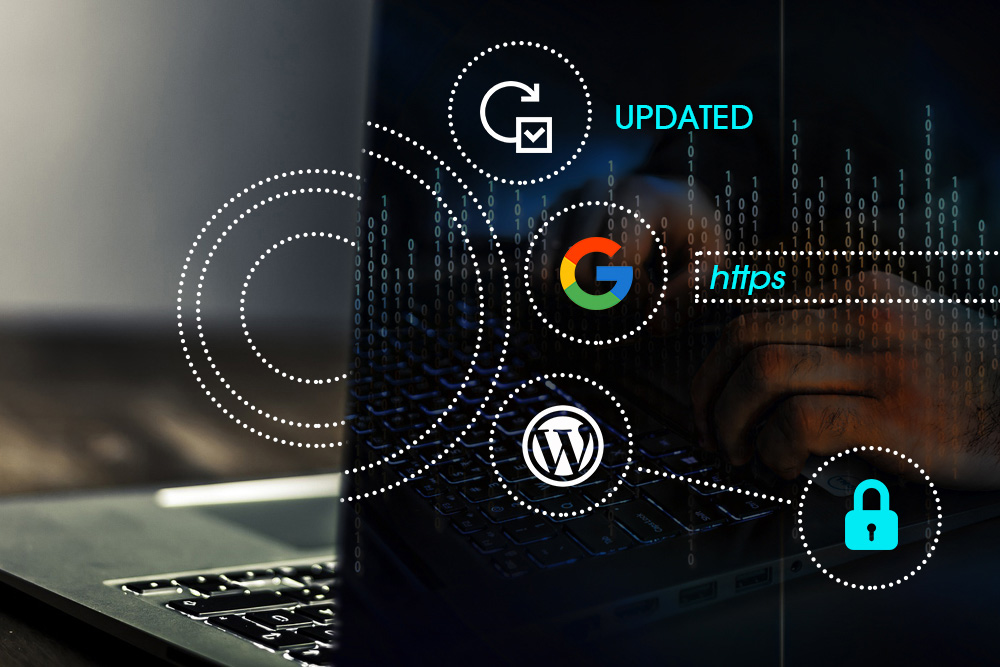
Tips From IT Security Services: How Not To Be Hacked
If the bread and butter of your company rely on the net and your website, securing your website from hackers and cyber-attacks is in the highest order of your standard operating procedures. In the past few months, an alarming number of businesses lost huge amounts of money due to the proliferation of website hackers. Such instances may be prevented if security procedures are observed. Here are some ways to keep you safe from enemies.
Keep Your Website Updated
An updated website is very important if you wish to keep your business safe online. If you use lots of plugins on your online assets, there will be a huge chance that you will have to regularly update these plugins and other apps that you’ve put on your website.
Make Sure That You Use “Https”
An https for your website protects your visitors’ website access. Google has mentioned that using https is among the best practices you can use to prevent hacking.
Use Security Tools
If you use a hosting site such as WordPress, you’d be able to install free or purchasable plugins that can help keep your website safe from cyber-attacks.
Be Careful When You Upload Files
Giving your visitors access to upload files might be hazardous for your website’s protection. Each file they put on your site may contain something that could cause damage to your website.
Complicated Passwords Are Still Better
While you might feel that it is convenient to use the same passwords for all your websites, it is actually a risky move. Use complicated passwords that contain both alphanumeric and special characters. Aside from using complex passwords, keep in mind that you should change passwords regularly.
Stay Away From Autofill Forms
It might seem convenient to have your passwords automatically filled, but imagine the paranoia you will go through if you misplace your mobile devices. Autofill forms are also a convenient way for crooks to access your online accounts.
Set Limits to IPs Who Can Access Your Website
To fortify the layer of protection placed on your website, you can allow only some IPs to have access to your websites. If you are collaborating with a group, you’ll feel more secure knowing that only those who are given permission can access your website.
Always Backup Your Files
Another smart move is performing regular backups of your data. You never know when cyber-attacks will occur on any of the websites you own. Aside from cyber-criminals, your web host may also put your site down. To put it in the right perspective, even your backups need backups.
While you may be confident that these incidents are far from occurring to you, it’s always a wise move to follow the tips above. You don’t have to be an IT practitioner just to keep your website safe. Even though little steps, you are at least protected from any security risk you may encounter. After all, it’s better to be safe than sorry.
Recent Posts
- How Does GPON Improve Network Efficiency?
- What Are The Advantages Of GPON?
- What Are The Benefits Of IT Outsourcing?
- What's The Deal With Ransomware Attacks?
- Are GPON Providers Widely Available?
- What's GPON's Impact On Bandwidth?
- Why Is Multi-Factor Authentication Important?
- How To Ensure Data Privacy Compliance?
 Blogs
Blogs Infographics
Infographics Videos
Videos Podcasts
Podcasts Case Studies
Case Studies Call For Quote
Call For Quote